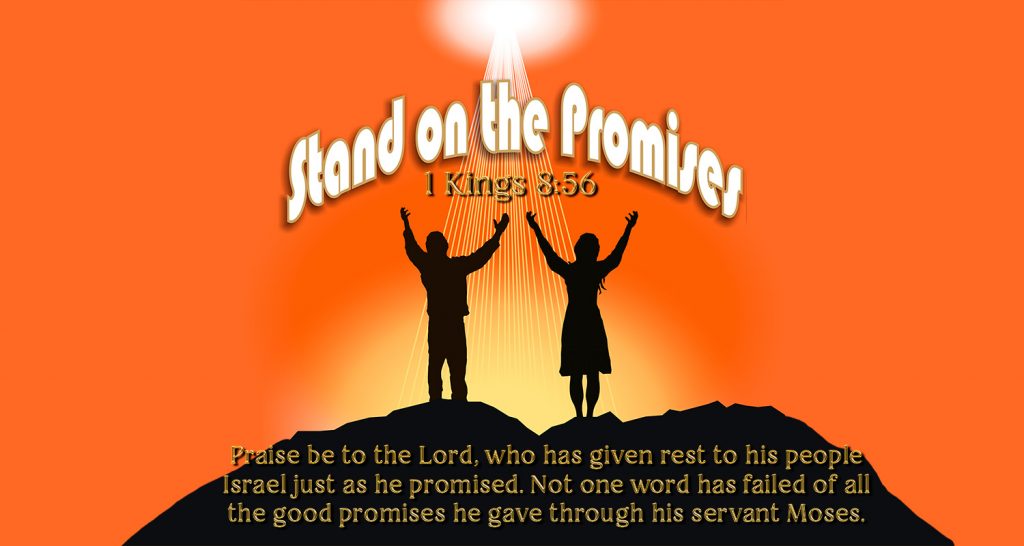Oh, that You would slay the wicked, O God! Depart from me, therefore, you bloodthirsty men. For they speak against You wickedly; Your enemies take Your name in vain. Do I not hate them, O Lord, who hate You? And do I not loathe those who rise up against You? I hate them with perfect hatred; I count them my enemies. Psalm 139:19-22.
Dear God, everywhere we look, all around us, we see evil at work. We know that when human beings depart from the Lord evil is wont to rise. May we be mindful that while we are hating sin, we must learn to love the sinner. In the name of Jesus Christ Your Son and our Savior we pray. Amen.
As we near the end of this wonderful spiritual poem, the psalmist makes a pause and shifts his thoughts from God’s grandeur, to the sinfulness of human beings. And as he does this, his personal feelings toward evil are expressed. He begins by asking God to destroy evil doers.
If we listen carefully we will realize that he is not bewailing anything that has been done to him, He is not referring to a personal enemy. He is actually caught up in his zeal against those he considers “enemies” of God: “wicked” and “bloodthirsty” men. People who are swift to shed blood; who seem driven to perform evil deeds.
Could it be that these people might have been professing to be God’s people while living contrary to God’s will, for the psalmist to refer to them as “enemies” who “take Your name in vain”? We do not expect our enemies to live in accordance with our wishes. (Just consider this observation as a thought from the author). The Septuagint and the Vulgate Bibles translate this passage as, “They take your cities in vain.”
Whatever the case, the psalmist considers them his enemies because they are God’s enemies. He loves God and loves God’s ways. Even when David fell into sin with Bathsheba, he did not try to justify his way by minimizing the way of God. Listen to his language of repentance:
“For I acknowledge my transgressions, and my sin is always before me. Against You, You only, have I sinned, And done this evil in Your sight—That You may be found just when You speak, and blameless when You judge” (Psalm 51:3,4, emphasis provided). It is God’s justice that matters. I did wrong. God is just. This is the language of true repentance and sorrow for sin.
So he is not speaking from a “holier than thou” perspective. Nor is he trying to tell God how to operate His world. He is simply expressing his indignation against anything or anyone who stands in opposition to the will and the way of the God he loves and reveres.
After expressing his deep hatred for evil, the psalmist will once again return to God’s loving kindness to end this beautiful psalm. We will look at this tomorrow.
NOTE: There were a few corrections made to yesterday’s devotional.
